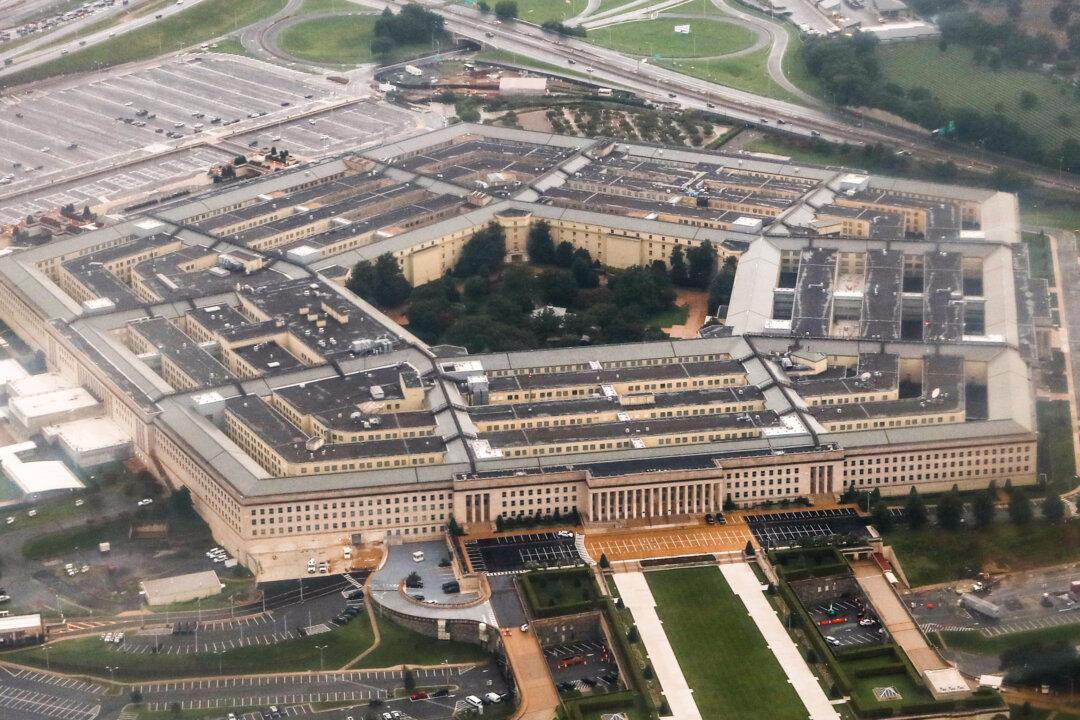A whistleblower is challenging the outcome of an administrative trial that stripped him of his security clearance, after discovering that the U.S. government had withheld an exculpatory report. The report was from a secret inquiry that had cleared him of allegations that he leaked information to the media.
Adam Lovinger filed an ethics complaint with the Department of Defense (DOD) Inspector General dated July 17, the day after discovering, through a Privacy Act request, that the government was in possession of an exculpatory report by the Naval Criminal Investigative Service (NCIS) months before his administrative trial.





